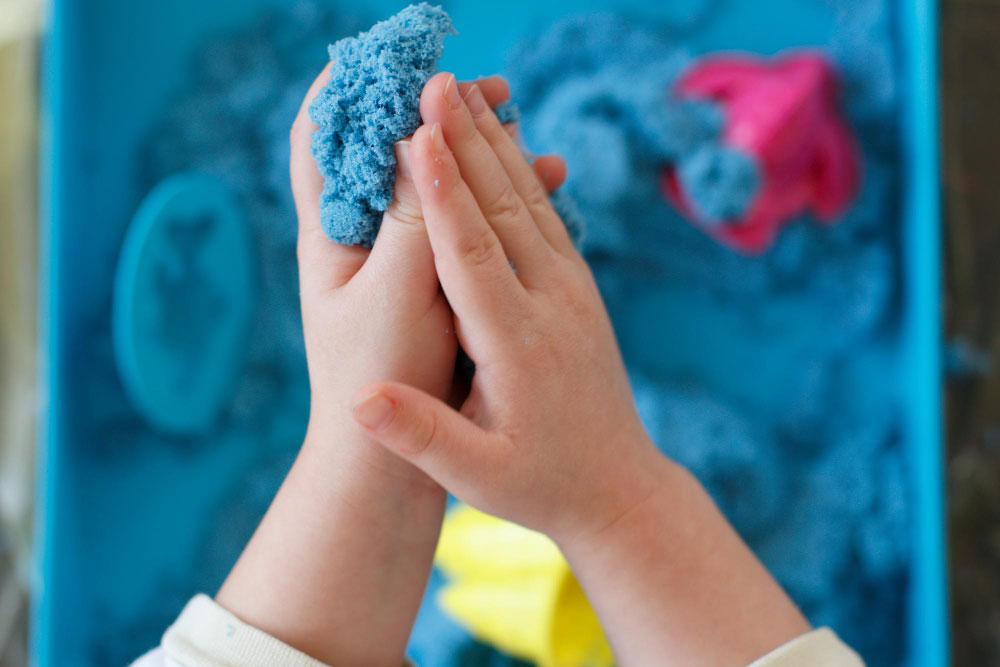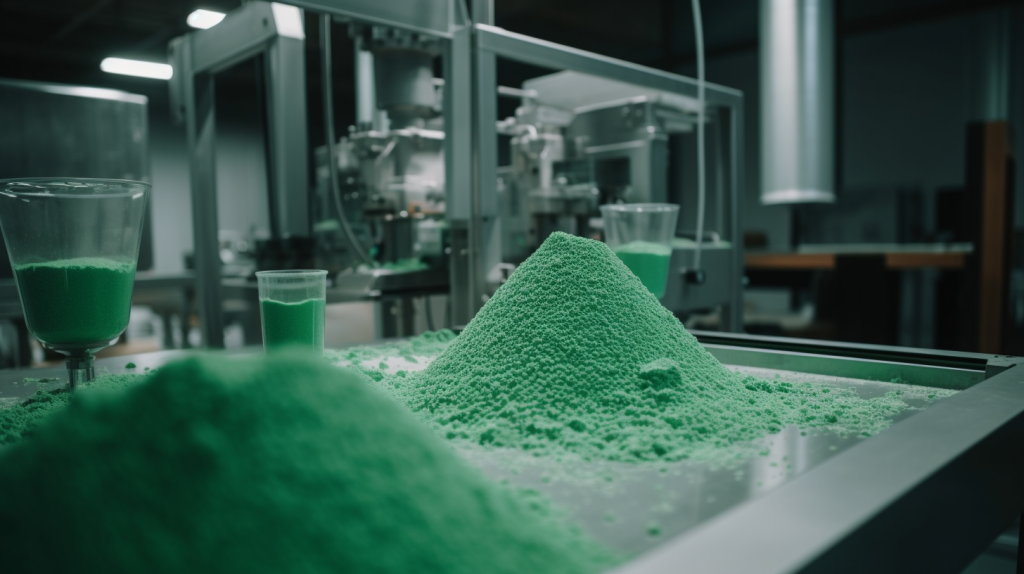
In an era where environmental consciousness is more critical than ever, the toy industry is undergoing a significant transformation. Manufacturers are rethinking the way toys are produced, focusing on sustainability and eco-friendly practices. One area that has seen remarkable innovation is the production of sensory sands, such as kinetic sand, which have become staples in children’s playrooms worldwide.
Sensory sands offer a unique tactile experience, promoting creativity and sensory development in children. Traditionally, the production of these sands involved processes and materials that weren’t always kind to the environment. However, a shift towards sustainability has led manufacturers to adopt greener methods, reducing the ecological footprint of these beloved toys.
At the heart of sustainable sand production is the use of eco-friendly materials. Manufacturers are sourcing natural and renewable ingredients, minimizing the reliance on non-renewable resources. This includes using sand that is responsibly mined, ensuring that extraction processes do not harm ecosystems or deplete natural reserves.
Safety and environmental impact are paramount. Modern sensory sands are formulated to be non-toxic, not just for the health of the children using them, but also for the planet. Biodegradable polymers and natural binding agents replace synthetic chemicals, ensuring that the sands break down harmlessly if discarded. MagicSand Factory also offers bulk options for environmentally conscious buyers, making it easier to provide non-toxic sensory sand at larger scales for schools or playgrounds.

Innovations in manufacturing have led to energy-efficient production methods. Utilizing renewable energy sources, such as solar or wind power, factories reduce their carbon emissions. Additionally, optimizing machinery and processes to consume less energy contributes significantly to sustainability goals.
Manufacturers are implementing strategies to minimize waste during production. This includes recycling excess materials and repurposing them into new products. Packaging is also a focus area, with a move towards recyclable or compostable materials to reduce plastic waste.
The incorporation of advanced technologies plays a crucial role in eco-friendly sand production. Techniques such as closed-loop water systems prevent water waste, and precision engineering reduces material waste. Some manufacturers use patented technologies to enhance the sand’s properties naturally, avoiding harmful additives.
Creating formulations that withstand diverse climates reduces the need for chemical additives that could be environmentally damaging. By tailoring products to specific regional conditions, manufacturers ensure longevity and performance without compromising on eco-friendliness.

Many manufacturers collaborate with environmental organizations to certify their products. Certifications ensure that products meet specific environmental and safety standards, providing transparency and building consumer trust. In addition, partnerships with OEM and ODM services, like those offered by MagicSand Factory, can help companies achieve even greater sustainability goals by integrating eco-friendly practices from the ground up.
Part of fostering a sustainable future involves educating consumers about the benefits of eco-friendly toys. Manufacturers are taking steps to inform parents and children about environmental initiatives, promoting responsible consumption and disposal of sensory sands.
The journey towards sustainability in toy manufacturing is ongoing and ever-evolving. By adopting eco-friendly practices in sand production, manufacturers not only reduce environmental impact but also set a positive example for the industry. These initiatives ensure that playtime remains a joyful and safe experience, while also teaching the next generation the importance of caring for our planet.
Sustainability in toy manufacturing, particularly in sensory sand production, reflects a broader commitment to environmental stewardship. Through innovative techniques, responsible sourcing, and a focus on eco-friendly materials, the industry is making significant strides towards a greener future. As consumers, supporting these initiatives encourages continued progress, ensuring that the toys that bring joy to children today do not come at the expense of the world they will inherit tomorrow.
For any questions or quotes about our Sensory Sands!